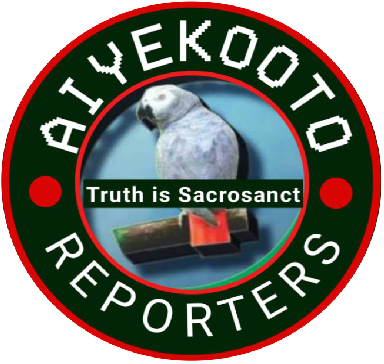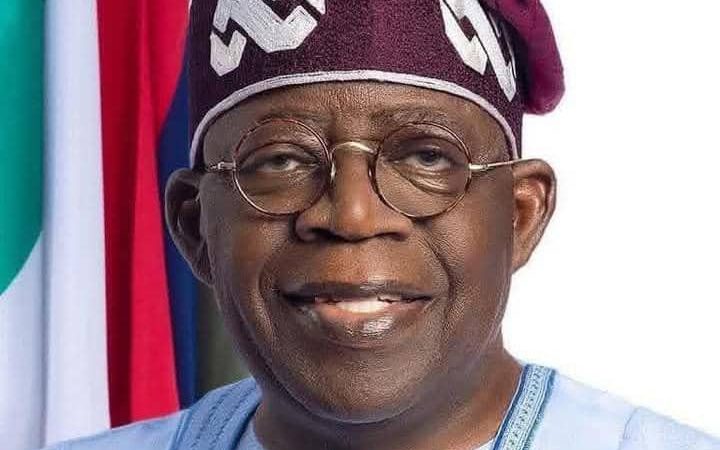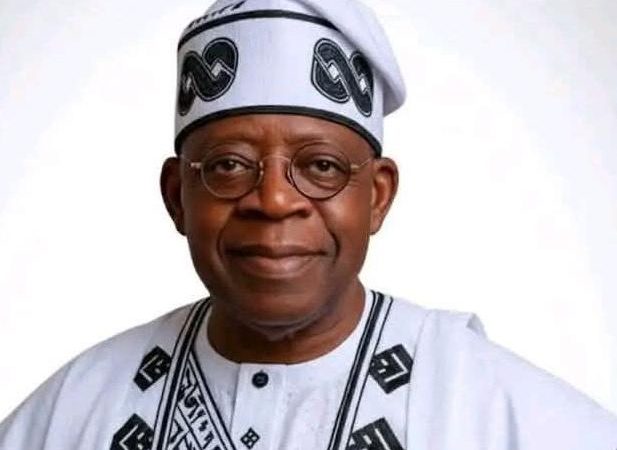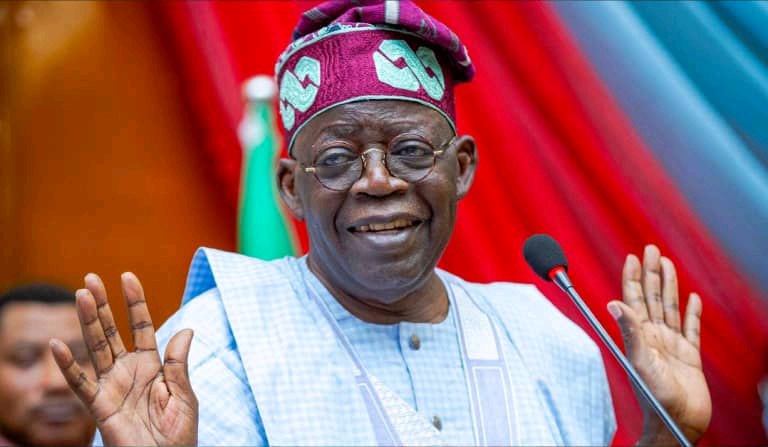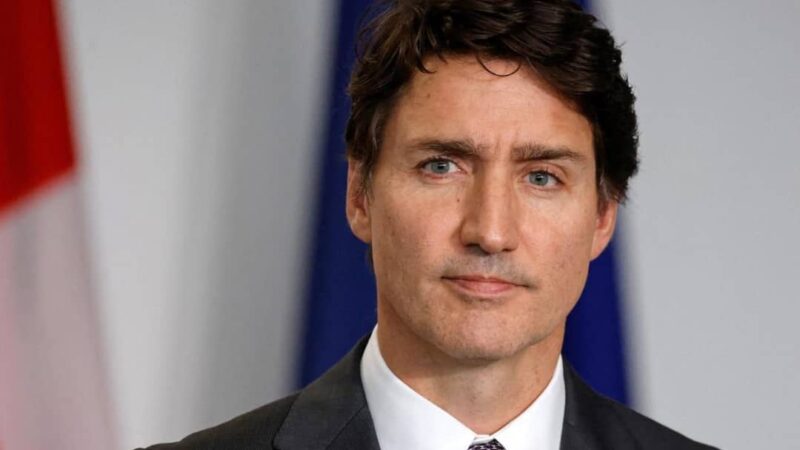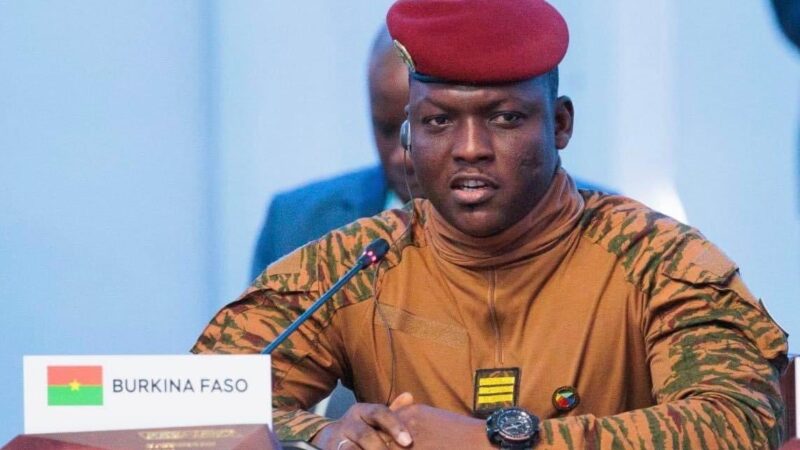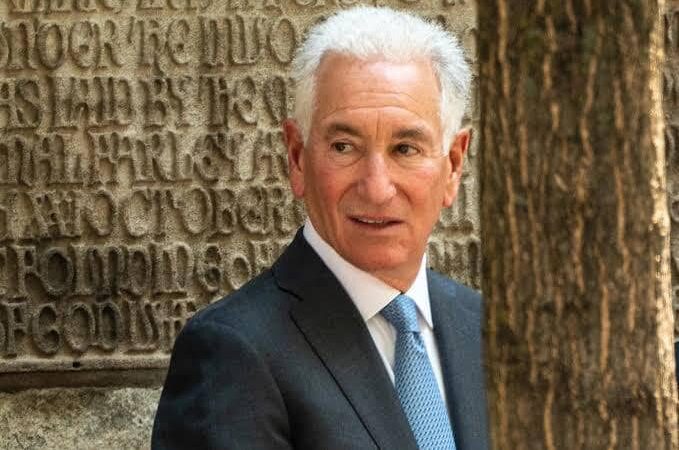Amnesty International has said critics of President Bola Tinubu risk three-year jail term even as it condemns a fresh push for social media regulation by the All Progressives Congress- led government.
Explaining the implications of social media regulations in a series of tweets on Saturday, the human rights organisation said, “the social media regulation law keenly pushed by Nigerian politicians is set to be subject to vague and broad interpretations and will impose incredibly harsh punishments simply for criticising the authorities.”
With social media regulation, Amnesty International said, “Social media users will be punished for freely expressing their opinions. Govt. can arbitrarily shut down the internet and limit access to social media. Criticising the government will be punishable with penalties of up to three years in prison.”
On Friday, Peoples Gazette reported that the human rights organisation identified Sada Soli, an All Progressives Congress lawmaker from Katsina State, as the brain behind the reintroduction of the law.
This comes shortly after Mr Tinubu’s Chief of Staff, Femi Gbajabiamila, called for social media regulation, describing it as a “societal menace, amidst public outrage sparked by economic hardship and insecurity.
“Social media has become a societal menace and must be regulated. As many people do not understand that once the send button is hit, there is a potential to reach millions of people around the world, which is capable of causing a great danger not just in society but even unintended consequences to the individuals that are receiving information which may include security of life,” said Mr Gbajabiamila.
Mr Gbajabiamila came under attack after the comment with some Nigerians asking the government to tackle insecurity, poverty and hunger aggravated by the government’s policies
The move to regulate social media comes amid criticisms of Mr Tinubu’s government over economic hardship as inflation drives food prices up astronomically.
Over the years, Nigerians have used social media for national discourse, ventilate views, mobilise protests and criticise politicians and government policies.
A bill proposed to regulate social media under Mr Tinubu’s predecessor, former president Muhammadu Buhari, failed as Nigerians pushed back, fearing it could be used to gag freedom of speech.
